The Holocaust
From Strasshof to Theresienstadt: The Holocaust Journey of Yitzhak Walter
A Hungarian child survivor recalls miracles, faith, and the victory of Jewish continuity
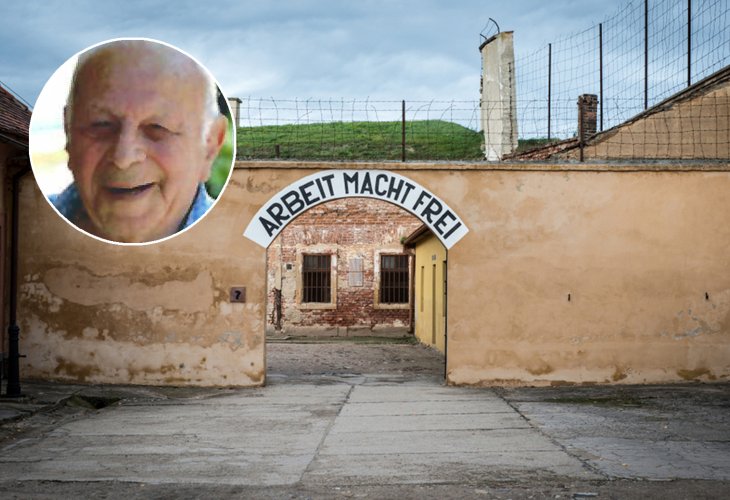 (Photo: shutterstock. In circle: Isaac Wolster)
(Photo: shutterstock. In circle: Isaac Wolster)A frightened boy, barely ten years old, living with his grandmother and desperately searching for food for both of them. A small child sent to a labor camp, forced into backbreaking work. A young teenager fighting for a crust of bread that might help him survive one more day.
When Yitzhak Walter looks back almost eighty years to his childhood under the shadow of World War II, the images are almost too painful to describe. He sees himself fleeing, leaping onto trains, struggling to stay alive — all as a young, lonely boy in a world without anyone to protect him.
And yet, despite the chilling memories and the fact that his entire family perished in the Holocaust, he has never agreed to remain silent. “From the day the war ended, I took upon myself to tell my story so that people would know what we went through,” he explains. At age 91, he still travels to schools, clubs, and community centers to give lectures and share his testimony. “I refuse to rest,” he says, as he recalls his miraculous survival.
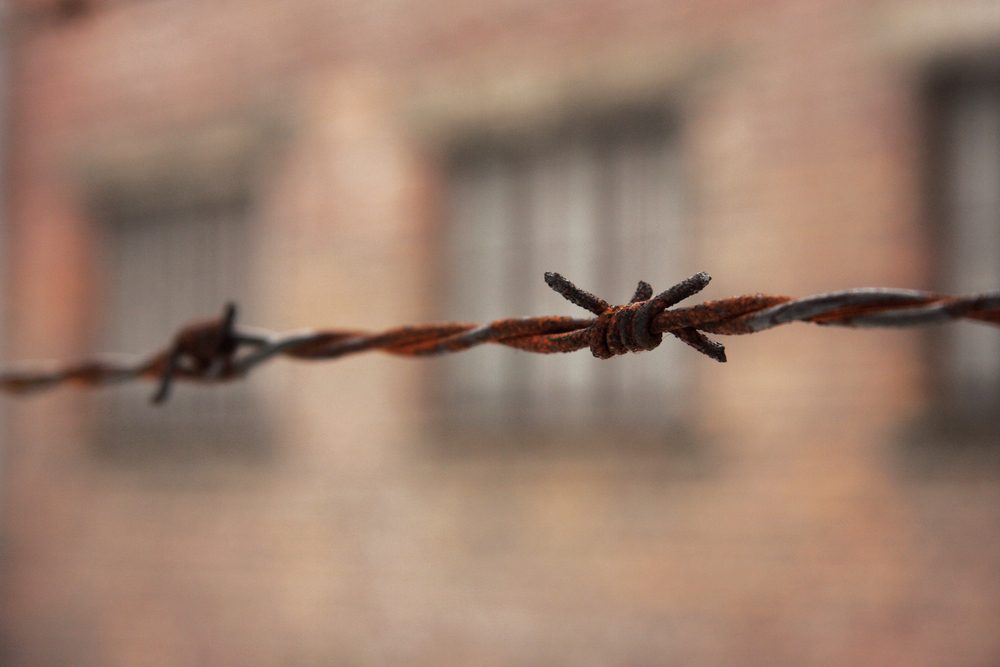 (Photo: shutterstock)
(Photo: shutterstock)A Chain of Miracles
Yitzhak was born in late 1931 in the Hungarian city of Szeged, the country’s second largest city. At a very young age, he moved with his parents to the town of Pápa, home to a large Orthodox Jewish community. For a few peaceful years, life was calm, until his mother died of illness.
The boy went to live with his uncle, whose German nanny cared for both children for two years. Thanks to her, Yitzhak learned fluent German — a skill that would later save his life during the war.
He eventually returned to his father, who had remarried and had another son. Their family life lasted only until 1942, when his father was drafted into Hungarian Jewish labor battalions at the Russian front. “Later we learned of the terrible abuse they suffered. I hoped for years that my father would return, but he didn’t survive. He was one of 42,000 Jews who perished in those battalions.”
Soon after, Yitzhak’s stepmother, unable to support him and his brother, sent him to live with his grandmother in Szeged. Only much later did he realize that this decision saved his life. “Shortly afterward, all the Jews of Pápa, including my little brother and stepmother, were deported to Auschwitz and murdered.”
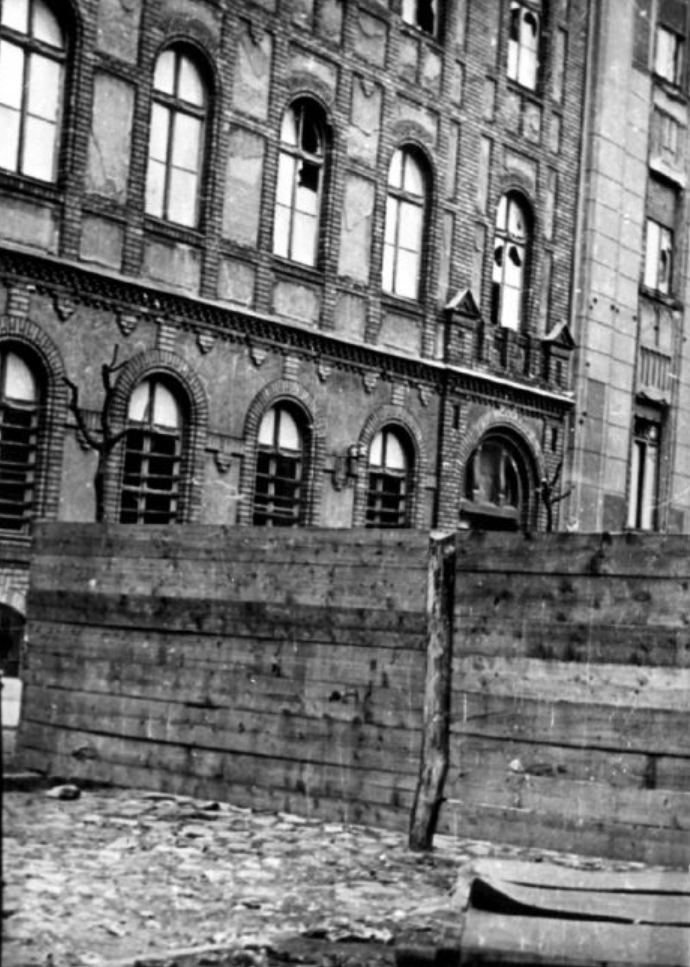 The Szeged Ghetto, Hungary (Courtesy: Yad Vashem)
The Szeged Ghetto, Hungary (Courtesy: Yad Vashem)From the Ghetto to Vienna
Living with his grandmother, Yitzhak endured increasing restrictions. Jews in Hungary were still better off than those under direct Nazi rule, but poverty, hunger, and fear grew steadily. In 1944, the Nazis invaded Hungary. The Jews were forced to wear yellow stars, their property confiscated, and they were herded into ghettos.
“One day, it was our turn to be deported to Auschwitz. But then came a miracle: after traveling a short distance, our overcrowded train was stopped beside another one bound for Vienna. The railway manager decided our car would be transferred to the Vienna train, and at the very last moment, we escaped the fate of Auschwitz.”
Harsh Labor and Survival
In Vienna, Yitzhak and his grandmother were sent to Strasshof, a labor camp that served as a transit point. Yitzhak was assigned to grueling work in a quarry: collecting shattered stones under deafening explosions, hauling rocks for 12 hours a day, in scorching heat or freezing cold. Later, he was moved to a potato-processing factory with other prisoners, including French POWs, who befriended and helped him.
Food was scarce, survival uncertain. “Faith gave us strength. We encouraged one another with hope that the war would end and we would see our families again.”
In 1945, Allied forces bombed the area, destroying the factory. The Nazis locked the Jews inside a hut to ensure their deaths. But another miracle occurred, and a French prisoner returned to unlock the door, allowing them to escape both the bombs and the Germans.
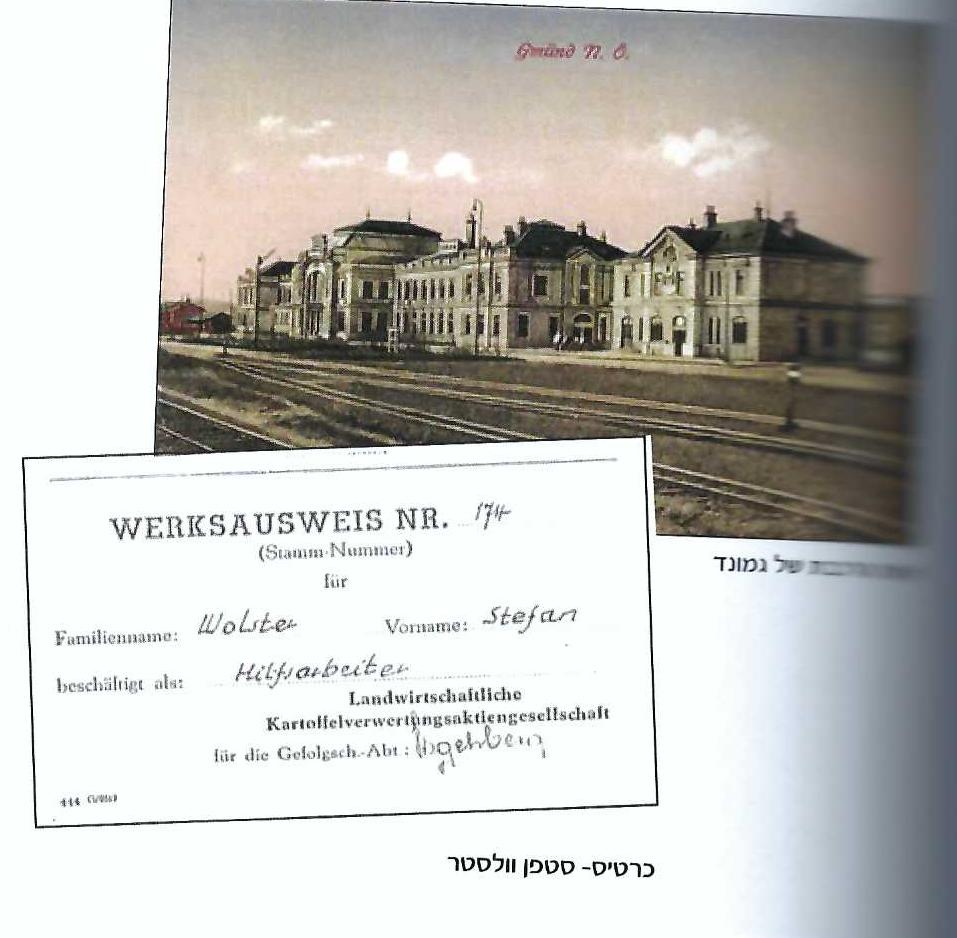 One of the few documents Isaac had after the war
One of the few documents Isaac had after the warWearing the Enemy’s Uniform
After the factory’s destruction, Jews without assigned labor were in mortal danger. Friends risked themselves to obtain a Hitler Youth uniform for Yitzhak. Fluent German allowed him to pass unnoticed, even visiting hospitals and carrying messages to help fellow Jews.
One day, he was caught by his camp supervisor, handed over to police, and escorted by two German soldiers. “I knew it was the end. I feared they’d torture me for names of those who helped me. When a moving train entered the station, I jumped onto it. By miracle, I landed in a car full of striped-uniformed Jewish prisoners. At first, they thought I was a Nazi youth. Once I proved I was Jewish, I joined them. Together we reached Theresienstadt, where I stayed until liberation with 19,000 other survivors.”
Reuniting With His Grandmother
And what about his grandmother? “She was moved around different camps. Later she told me the only thing that kept her alive was her wish to be buried beside my grandfather. After I returned from Theresienstadt, we reunited in Szeged, and it was deeply emotional. Not long afterward, she passed away, but she did merit burial in the Jewish cemetery, next to my grandfather.”
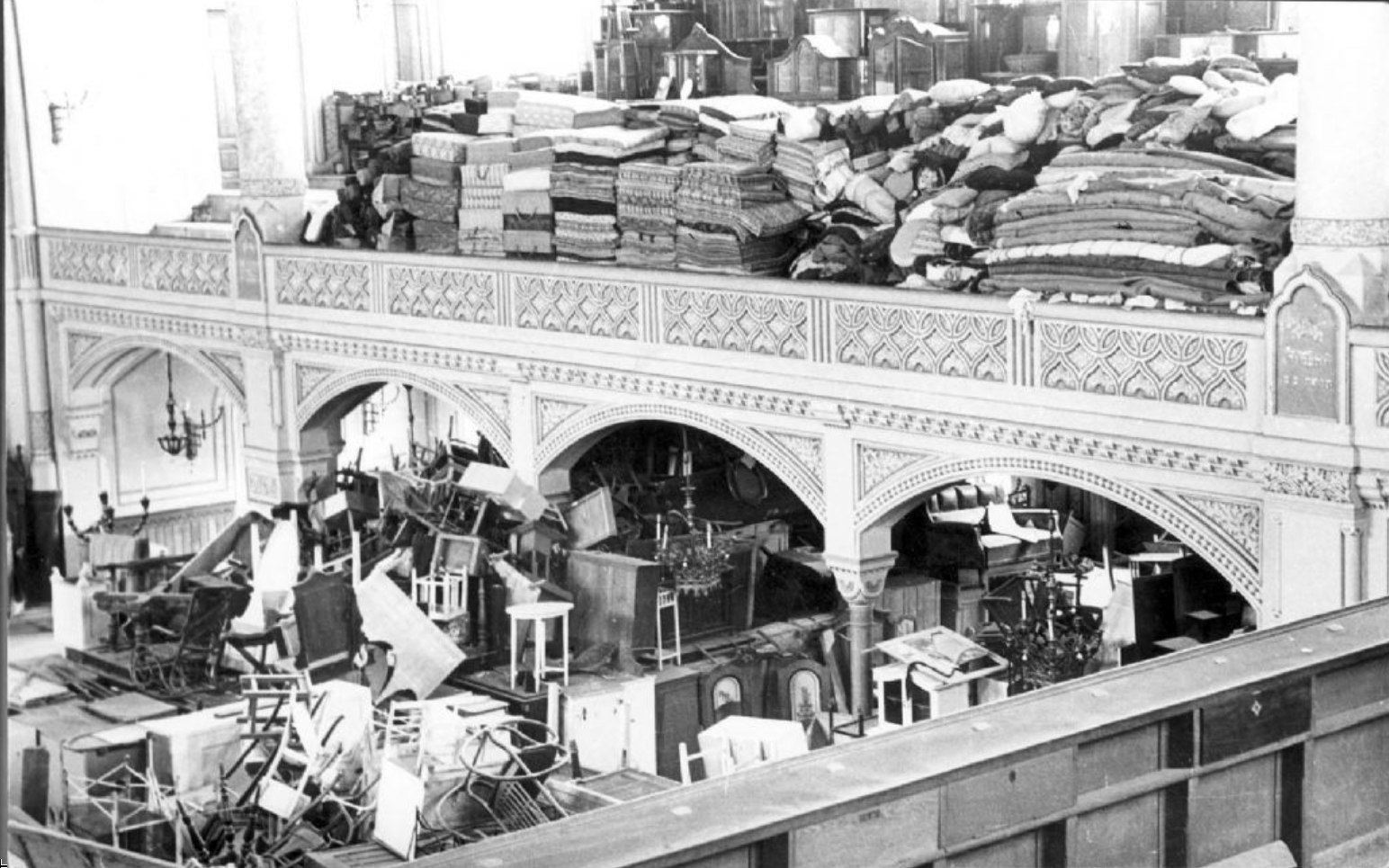 The synagogue used as a warehouse during the ghetto period (Courtesy: Yad Vashem)
The synagogue used as a warehouse during the ghetto period (Courtesy: Yad Vashem)A New Life in Israel
Alone in the world, Yitzhak decided to leave Hungary. He joined a Zionist youth group and set out for Israel via Germany, but was detained for ten months in Cyprus before finally reaching the Land of Israel in 1947.
He first lived at Kibbutz Alonim, and during the War of Independence served with the Palmach in the Negev. Afterward, he served 2.5 years in the IDF. Settling in Moshav Dishon on the Lebanese border, he met his wife, a Moroccan immigrant. “From the start, our home was a gathering of exiles — Hungarian customs alongside Moroccan food. We raised five children, and today we have 15 grandchildren and six great-grandchildren.”
Victory of Life
Even now, Yitzhak is overcome with emotion when his family gathers. “Every time I look at them, I know we proved to the world that we defeated Hitler. The Jewish people live forever. That’s why I keep giving talks in schools and community centers, even on Holocaust Memorial Day. That’s also why I published my book My Childhood. I want the world to know that no matter what happens in every generation, we are here. We live. We endure. And no one will ever break us.”

